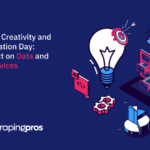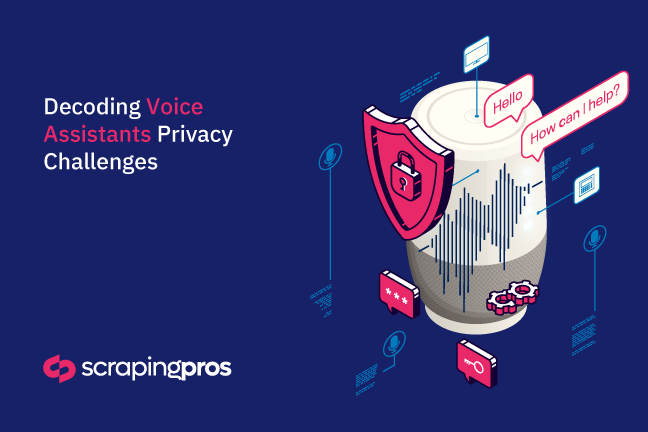As the use of AI voice assistants grows, so does concern about data privacy. These voice-activated virtual assistants – like Amazon’s Alexa, Apple’s Siri, and Google Assistant – have become an integral part of our daily lives. They can answer questions, play music, control smart home devices, and even make phone calls. However, the convenience they offer comes at a price: the collection and storage of personal data. In this post, we explore the challenges and risks of this matter.
Currently, some 4.2 billion digital assistants are used around the world and this number is expected to double by 2024. How was the rise of this technology possible? Simply due to the enormous development of artificial intelligence.
The rise of voice assistants notably coincided with the rise of AI in the 2010s, receiving a huge boost starting in 2011, with the commercial and marketing success following the launch of Apple’s Siri. At that time AI, and its subfield of machine learning, were gaining a lot of traction. That is the main reason why the popularity of voice assistants has skyrocketed so exponentially. Not only have machine learning – and deep learning algorithms – significantly improved the recognition of individual words, but the field of natural language processing (NLP) has also been substantially improved, which means that we no longer need to use words. and construct our sentences in a specific way, but we can interact with the system in an increasingly natural and spontaneous way.
However, data privacy is a critical issue when it comes to AI voice assistants. These devices constantly listen for your wake words, which means they are always capturing audio data. This data is then sent to the cloud for processing and analysis. While this process is necessary for the voice assistant to work effectively, it does raise some concerns about what happens to the data once it leaves the device.
One of the main challenges in ensuring data privacy with AI voice assistants is the possibility of unauthorized access. The data collected by these devices may include sensitive information, such as conversations, personal preferences, and even financial details. If this data falls into the wrong hands, it can be used for malicious purposes, such as identity theft, fraud, or blackmail.
To address these concerns, technology companies have already implemented several measures to protect user data.
Recent Data Privacy meassures:
- Data encryption: Encryption ensures that data transmitted between the device and the cloud is secure. This means that even if someone intercepts the data, they will not be able to decrypt it without the encryption key.
- Strict access controls: Only authorized personnel have access to data and companies have implemented policies and procedures to ensure that employees handle data responsibly. Additionally, companies must comply with data protection regulations, such as the European Union’s General Data Protection Regulation (GDPR), which establishes guidelines for the collection, storage, and processing of personal data. However, despite these measures, data privacy concerns remain. Some users are concerned about human reviewers recording and analyzing their conversations. While tech companies claim this is done to improve the accuracy and performance of their voice assistants, it raises questions about consent and transparency.
- Features that allow users to manage their data privacy settings: For example, users can review and delete their voice recordings, or opt out of human review. These features give users more control over their data and provide transparency into how it is used. Another challenge to ensuring data privacy with AI voice assistants is the potential for data breaches. While technology companies invest heavily in security measures, no system is completely foolproof (hackers are constantly evolving their techniques and there have been some cases where voice assistant data has been compromised).
- Security protocols: To mitigate these risks, companies must permanently update their security protocols and anticipate emerging threats. Regular security audits and vulnerability assessments can help identify and address any weaknesses in the system. Additionally, companies should educate users about the importance of strong passwords and the risks of sharing personal information with voice assistants.
Conclusions
Data privacy is a crucial aspect of AI voice assistants. While these devices offer convenience and functionality, they also collect and store personal data. To data privacy challenges, technology companies have implemented important measures such as encryption, access controls, and easy-to-use privacy settings. However, concerns about unauthorized access and data breaches remain. It is critical that companies continually update their security protocols and educate users about the risks involved when using these devices. By addressing these challenges, AI voice assistants can continue to improve our lives while protecting our privacy. Communities around technology companies are especially involved in these challenges, including developers, application users, and data regulation and privacy specialists.






